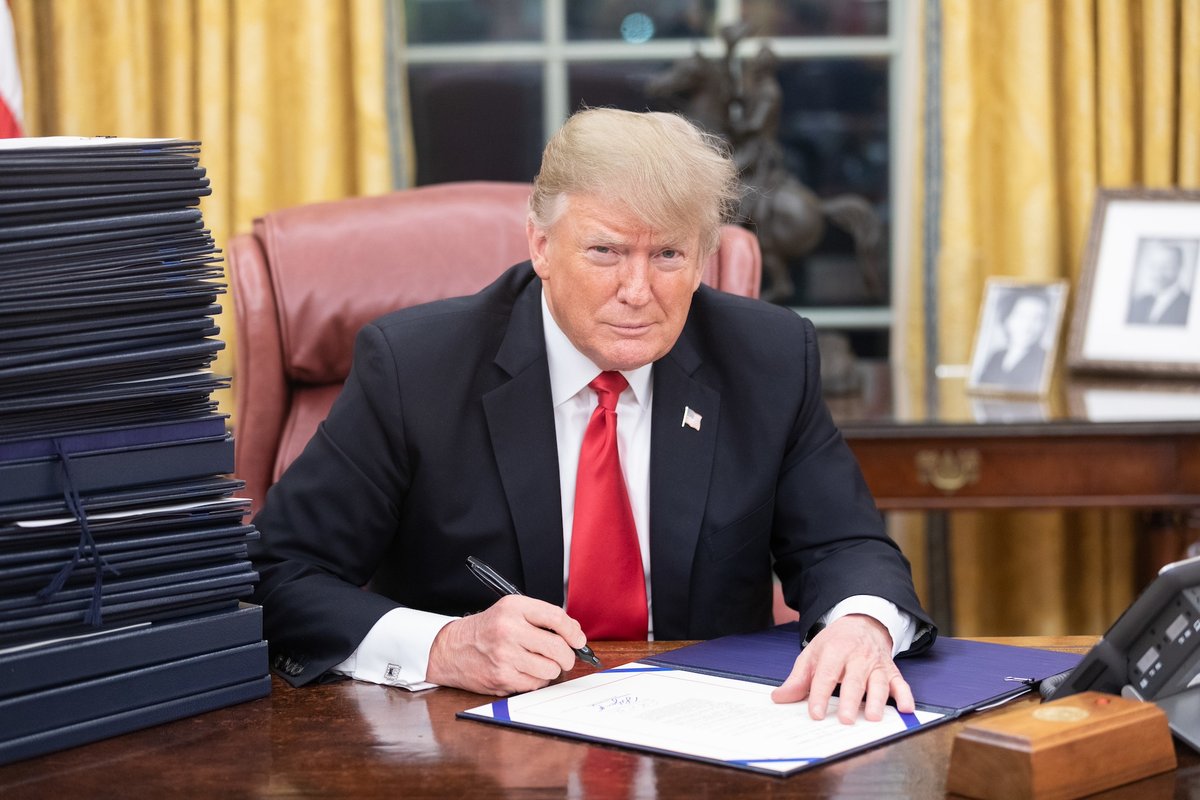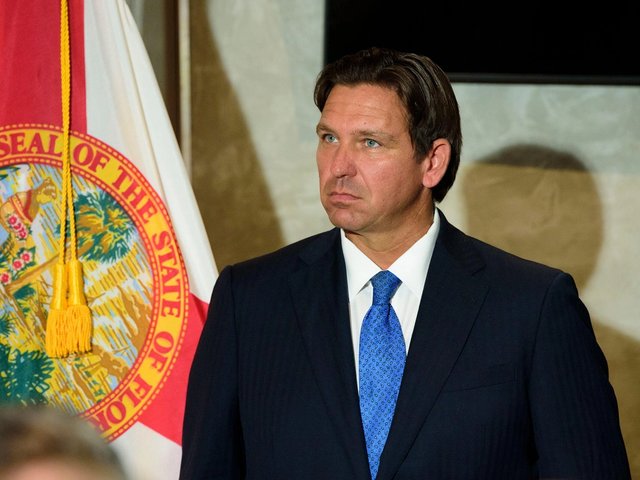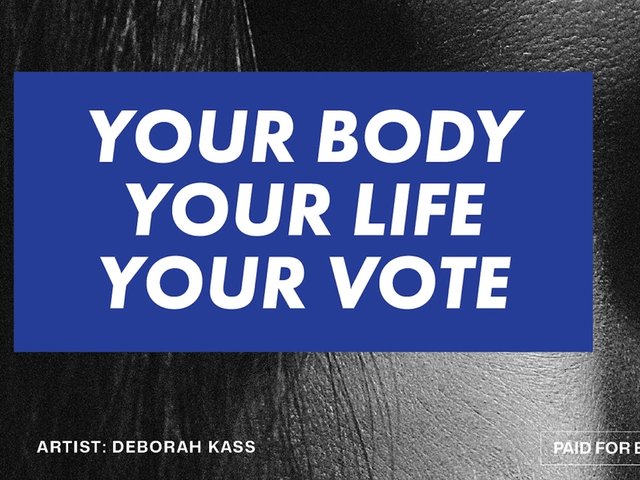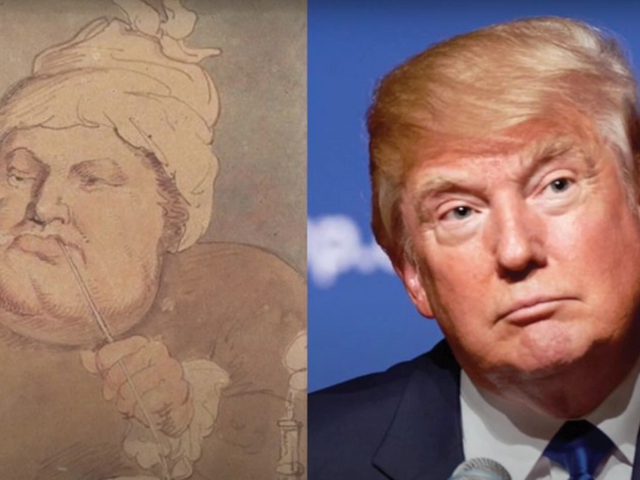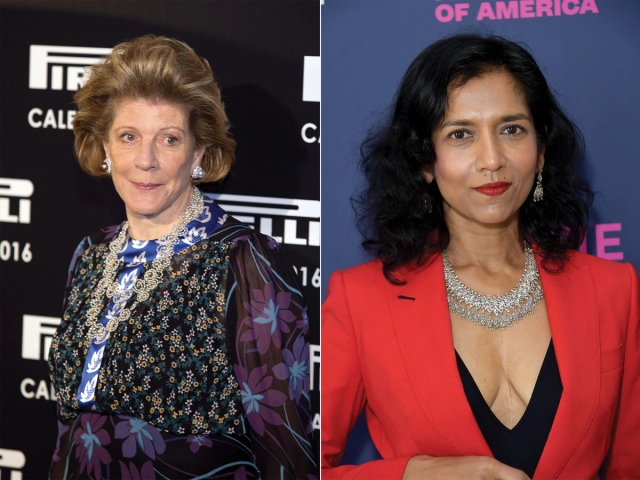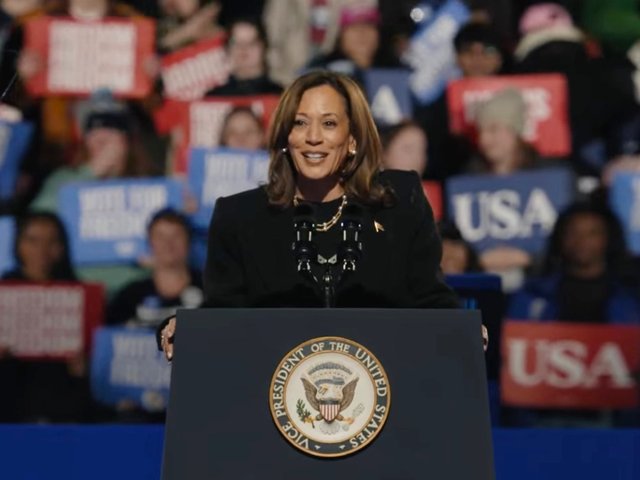In a stunning sweep, Donald Trump has won a US presidential election for the second time, and is projected to carry both the electoral college and popular vote with a clear majority. He will become the first convicted felon to hold the office, the oldest person to be elected president and the second-ever president to serve non-consecutive terms. When he retakes office in January 2025—four years after he contested the election that removed him from the presidency and sparked an armed insurrection on the US Capitol—he told his supporters in a victory speech from his campaign headquarters in West Palm Beach, Florida that he plans to govern by one simple motto: “Promises made, promises kept.”
Among the pledges he made on the campaign trail are to enact mass deportations of undocumented immigrants, to defund schools that teach critical race theory and transgender rights, to roll back incentives for electric vehicles and expand fossil fuel exploration, to impose 60% tariffs on goods and materials imported from China and to take revenge on his enemies. With the Republican Party poised to take control of the Senate, and Trump having surrounded himself with advisors who do little to check his authoritarian impulses, the potential is strong that the country’s social, judicial and legislative outlook could skew hard right for years to come.
The response from the art world, which largely supported Democratic candidate Kamala Harris in the election for her commitment to progressive values including reproductive rights, has been somber, angry and distressed about the future of US culture. The mood was a sharp contrast to the hope seen early on election night at Gladstone Gallery in Chelsea, where crowds of Harris supporters gathered at a marathon evening of readings staged in the installation The Shape of Things by Carrie Mae Weems. Many art world figures The Art Newspaper reached out to Wednesday morning did not immediately respond, or were speechless at the results, like the artist Deborah Kass, who said: “No words. That’s my response.”
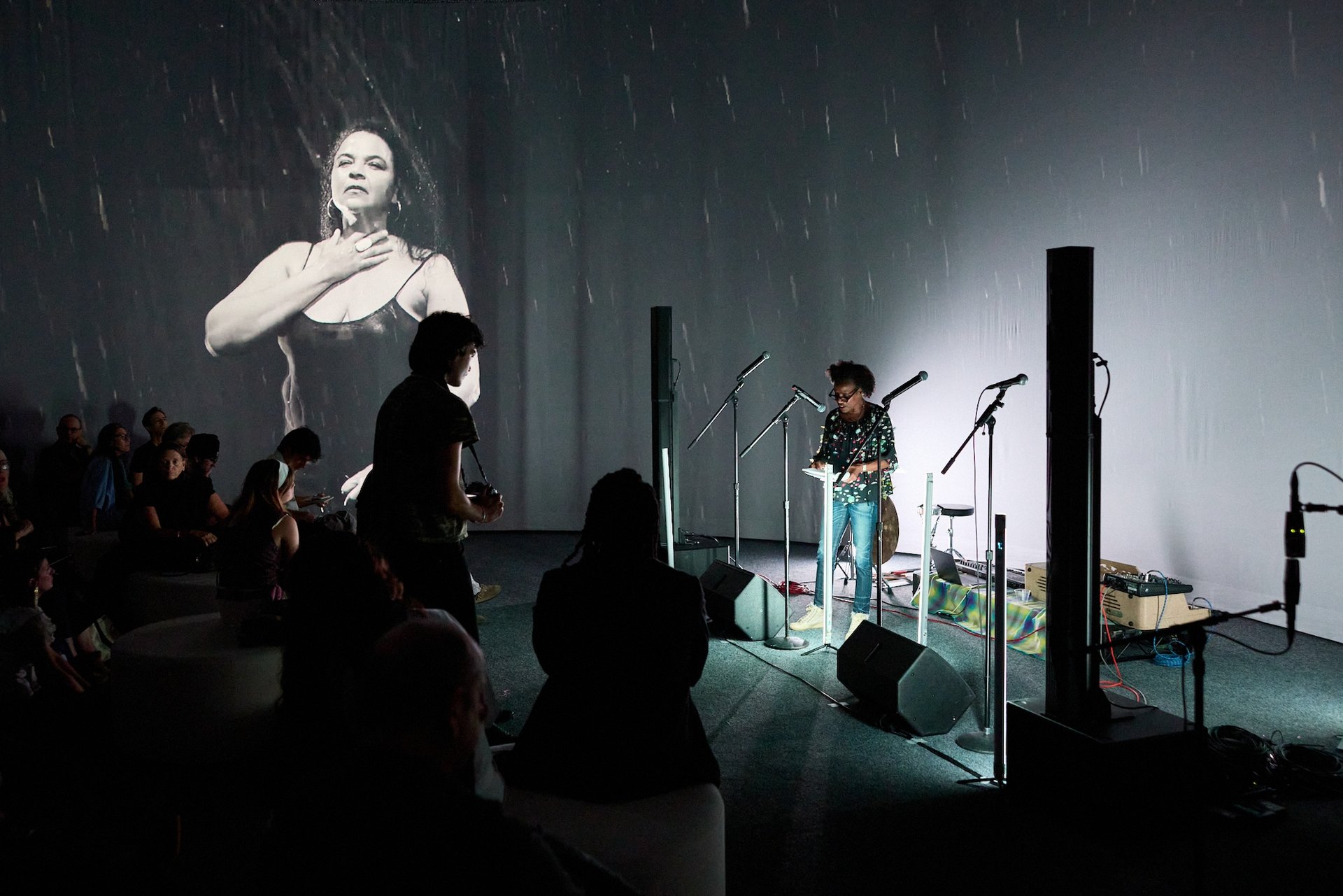
New York's Gladstone Gallery hosted Remember to Dream, a marathon reading inside a Carrie Mae Weems's installation, on election night Photo: Joseph Robert Krauss
The California artist and animator Lyndon Barrois, who supported Harris with his wife Janine Sherman Barrois, a television writer and producer, says he was left “numb” by the results. “I don’t know what to coherently say,” although he adds that he hopes “the worlds of arts and culture can continue to tell stories of truth without censorship or alternative truths and cultures. There’s so much of this that’s bigger than the art world but it’ll still hopefully be the most effective way to keep telling this history.”
The writer, artist and film-maker Tanya Selvaratnam, who was working with artists to support Harris’s campaign, says she was not surprised by the results but was profoundly distraught. “For me, the big takeaway was that the majority of Americans who voted were not ready to vote for a Black woman,” she says. And based on the racist and misogynistic rhetoric from Trump and his allies on the campaign trail, she encourages those who can get dual citizenship to do so. “I would get out of Dodge,” she says. “We saw in Trump's first four years how bad things could get, starting with the travel bans and the complete destruction of the Supreme Court as a legitimate entity. And we should pay close attention to the Project 2025 playbook and be prepared for the worst to happen over the next four years. A lot of damage can be done.”
As messages of commiseration come in after the election, Selvaratnam is also urging those concerned about what lies in store to take a moment “to consider how they can step in to stand up for those who are going to be made to feel more vulnerable and marginalised, because a lot of people are going to be suffering even more than before”. She believes that in his return to power, Trump “will make good on his threats about immigrants, Puerto Ricans, trans people and all women”.
The artist Alexis Rockman, who for decades has focused his work on the impact of human industry on the environment, says it is impossible to understand how things will unfold, especially considering how unpredictable Trump can be and what an enigma his new vice president, J.D. Vance, really is, adding that jumping to conclusions is a waste of time. “Unless you’re an immigrant,” he says. “If you're an immigrant, you’re really fucked.”
Rockman sees parallels in this election to the early part of his career in the 1980s, when it seemed obvious that climate change was a looming threat and that taking action to reverse it was in humanity’s best interest. “I had no clue that political impulse and tribalism was going to derail this [effort] and make it impossible to turn around,” he says. He sees the same arc repeating itself now, as “humans, in spite of their best interests, in spite of information, will literally kill themselves to be included in a club that they perceive as something they want to be involved in”.
The artist Lita Albuquerque, who created an election poster for Harris, voiced her concerns about what it will be like for the creative community under another Trump presidency. “The freedom to explore, to look critically at the world, the freedom to dissent are the freedoms art must have in order to evolve,” she says. “I worry about our freedom to express ourselves.”
In many states, ballots also included propositions that would secure reproductive freedoms and bodily autonomy as constitutional amendments, and most of these were approved by voters. But in Florida, the measure did not receive the 60% of votes needed for it to pass, allowing a law signed in 2023 by governor Ron DeSantis, which bans abortions after six weeks of pregnancy, to remain in place. The artist Antonia Wright, whose work State of Labor is now on view at the Pérez Art Museum Miami is a direct response to the Supreme Court’s overturning of the landmark Roe v. Wade case, says the ballot defeat “is a significant loss for reproductive rights. Before our cruel and dangerous six-week abortion ban, Florida served as a refuge for abortion access to all people in the South”.
Wright adds that the requirement to secure nearly two-thirds of the vote was not the case in most states. “Despite this, we came close with 57% of the vote, which shows that most Floridians want access to abortion care.” She hopes that voters remember that DeSantis actively campaigned against the amendment and used state funds to attack the initiative, especially “when Republican politicians are up for election in 2026. In the meantime, we need to donate to abortion funds and spread the word about Plan C,” or mifepristone, an abortion pill approved by the Food and Drug Administration, which can be prescribed and received by mail.
Wright is also concerned about Trump’s repeated efforts to defund the National Endowment of the Arts (NEA). “Art is always an easy target during budget cuts, as we saw when DeSantis slashed $32m in art funding from Florida’s 2025 budget,” she says, pointing to conservative efforts to stifle education and creative thinking. “Why do they ban our books if they claim art does not matter?”
Barbara Prey, an artist who has served for 14 years as a presidential appointee to the National Council on the Arts, the advisory board to the NEA, under four different administrations, says that “the NEA has a strong and committed career employee base which helms the institution” and that while a new director could be appointed by the incoming administration, this will take time as it will need to be approved by the Senate.
Similarly, any efforts to defund the NEA, the National Endowment for the Humanities, the Institute of Museum and Library Services and public television would need to be approved by Congress, which has so far shown a bi-partisan resistance.
Prey, who is currently in Cortona, Italy, says she “woke up this morning and painted the view looking to the valley and hills, as painting is my way of making sense of the world.” What the picture of US culture will look like over the next four years is still to be seen.
Many artists took to social media to share their reactions to the US presidential election's result:


